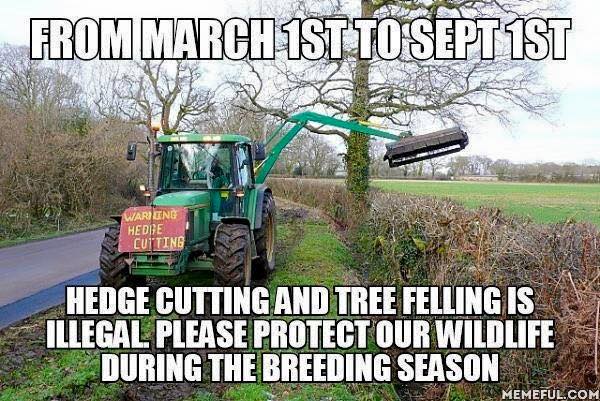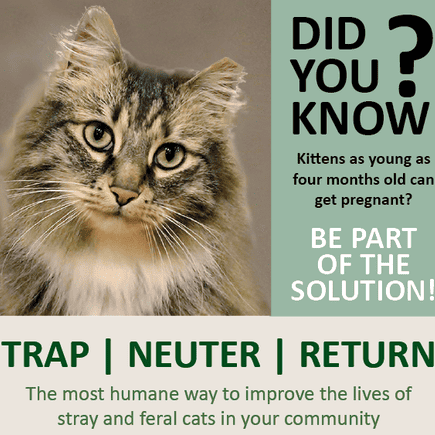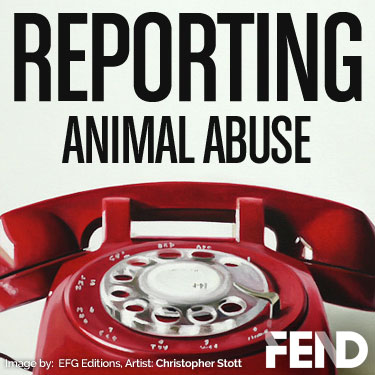Hedgerow Cutting Ban in Force
HEDGEROW CUTTING BAN IS USUALLY IN FORCE FROM March 1st until September 1st. Under the Wildlife Acts, hedgerow cutting is banned during the period March 1st to August 31st inclusive. This ban is legally enforced, and many prosecutions have been taken by excellent National Parks and Wildlife conservation officers charged with protecting our diminishing heritage. Burning, cutting, and grubbing vegetation during this period is also prohibited. If you see anyone breaching the law, take photos of the incident and machinery and contact your local National Parks and Wildlife Service officer. You can also contact the Gardaí.

The following are the contact details for the National Parks and Wildlife Service. The Eastern region: https://www.npws.ie/contact-us/eastern-division Northern region: https://www.npws.ie/contact-us/northern-division Western region: https://www.npws.ie/contact-us/western-division Southern region: https://www.npws.ie/contact-us/southern-division In Ireland, our relatively low cover of native woodland makes our hedgerows exceptionally important for biodiversity. Hedgerows provide botanical diversity as well as food and shelter for animals, most notably birds. They also act as corridors connecting habitats. Untrimmed, thorny hedges are favoured by birds, but birds may nest in any hedge. #education


